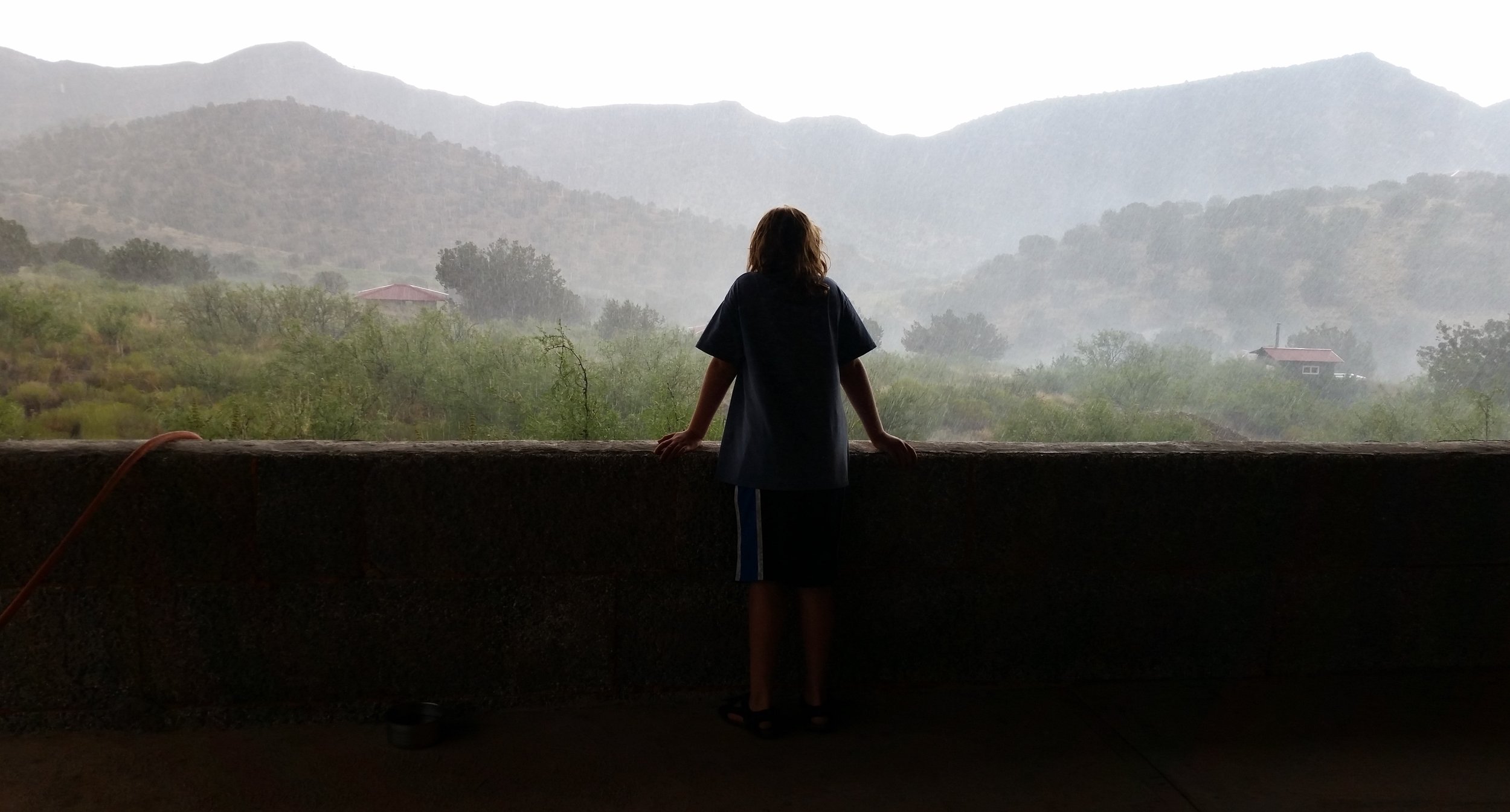12-Step
Meditation Practice
12 concise meditations we can practice alone or in a group.
INTRODUCTION:
These 12 concise meditations are a simple set of tools for anyone who wishes to effect positive change in their lives and the lives of others.
With roots in Mahayana Buddhist philosophy, it provides a secular ethical framework to help us bridge the gap between our actions and our values.
Mental habits drive our actions and our actions lead to outcomes. If we find the ways we’ve looked for happiness haven’t produced the outcomes we wanted, we must change our mental habits. Meditation is a means to produce that change.
Meditation can be defined as the process of repeating something over and over again in the mind. What we repeat affects our experience. These practices use contemplative meditation to examine and address what it is we are repeating. The contemplations help us cut the root of negative thoughts and habits and replace them with beneficial ones by challenging our belief that happiness requires us to place our own needs and wishes above those of others.
Disentangling ourselves from deeply engrained habits takes time and is accomplished in proportion to how often and sincerely we practice. We can sit in formal meditation alone or in a group, practice informally throughout the day, or both.
Ultimately, the purpose of this training is to help us become more compassionate and responsive as we face the many challenges life presents. We have all dealt with difficult circumstances in the past; we will all experience more in the future. Loss and pain are universal. These contemplations strengthen and encourage us to move beyond self-importance, to skillfully face obstacles as they arise, and to enrich the world through consideration and concern for others.
MEDITATIONS:
01
CAUSE & EFFECT. For every action, there’s a reaction. We accept this law in the natural universe, yet rarely look at cause and effect as it pertains to our own choices.
This contemplation asks us to explore the short and long term consequences of the choices we make - how do our thoughts, emotions, words, and actions impact our lives and the lives of others?
I, ME & MINE. It can be instructive to watch how frequently we’re self-absorbed in daily life. Even when trying to help others, we may notice that we like, or dislike their point of view, and think we know what is right. This tightness around what we think is best can make us less receptive to other’s needs.
In this contemplation, we reflect on where our minds have been throughout the day. We replay our interactions and notice the ways we’ve judged others. How would the interactions change if we considered the views and needs of others as important as our own?
02
03
WHAT’S MY MOTIVATION? This contemplation asks us to consider the needs of others, their challenges, their joys and sorrows as being equal to our own.
If we find that this positively alters our experience, we can begin each day, each meditation session by re-establishing this motivation.
ALTRUISTIC ACCOUNTABILITY. This contemplation asks us to take an honest and fearless look at the contrast between what we say we value and how we actually behave. Do our actions reflect our ethics? Do they produce the outcomes we want?
04
05
LET IT GO. When we look at the gap between our actions and ethics, we can sometimes experience immense regret. This contemplation asks us to give rise to compassion for ourselves and others trapped in cycles of self-centered action and reaction. We own and regret our anger, negativity, and harmful actions, commit not to fuel or repeat them, then let it all go within the framework of compassion.
JUST LIKE ME. It’s easy to see faults in others and not so easy to see our own. We all just want to be happy. This contemplation asks us to reflect on the actions of someone we view critically, and to recognize elements of their behavior in ourselves.
06
07
ANGER. If we’re angry and spiteful, always criticizing and blaming others, our world quickly fills with enemies. This contemplation asks us to explore our anger and our habit to blame others for our experience. What are the short and long term consequences of anger, blaming and holding a grudge - does it create enduring, positive outcomes?
NOT HARMING. Compassion is the wish that others not suffer. This contemplation asks us to put ourselves in someone else’s shoes, a family member, a neighbor, a stranger. If we truly glimpsed another’s pain, would we ever do anything to create more misery?
08
09
HELPING. Love is the wish that others find happiness. How would our own lives and the lives of others change if we saw every interaction as an opportunity to help? This contemplation asks us to consider how kindness could change the dynamics of our relationships, our workplace, our community, the world.
EVERYTHING CHANGES. We are born, we grow old, we die, seasons and relationships change. Nothing is permanent, yet we live our lives trying to create stability, taking for granted what we have and acting as if we have all the time in the world. This contemplation asks us to try to find something, anything that is permanent and unchanging. If we fully accepted that everything changes, how would we live our lives differently?
10
11
HAPPY FOR YOU. Being happy for others can be a joyful experience. It can antidote the envy we may feel at another’s good fortune and counteract feelings of negativity.
This contemplation asks us to rejoice in the positive; another’s good fortune, the kind and virtuous acts happening all over the world, anything that uplifts, or inspires, and then make the wish that such kindness would only increase, until we all know unbound joy.
GIVE IT AWAY. It takes courage to look into our minds and to begin the process of change. At the conclusion of each meditation session and at the end of each day we take a moment to reflect on these efforts. We can then imagine these efforts as an offering to others, taking the form of whatever they need, fulfilling them completely as it expands throughout time and space. By giving away even the smallest acts of kindness, we gradually build momentum that further supports our process of change.
12
Dedication Prayer for the Peoples of the Earth
At this very moment for the peoples and the nations of the earth may not even the names disease, famine, war and suffering be heard. Rather may their excellent conduct, merit, wealth and prosperity increase and may supreme good fortune and well being always arise for them.
— H.H. Dudjom Rinpoche

